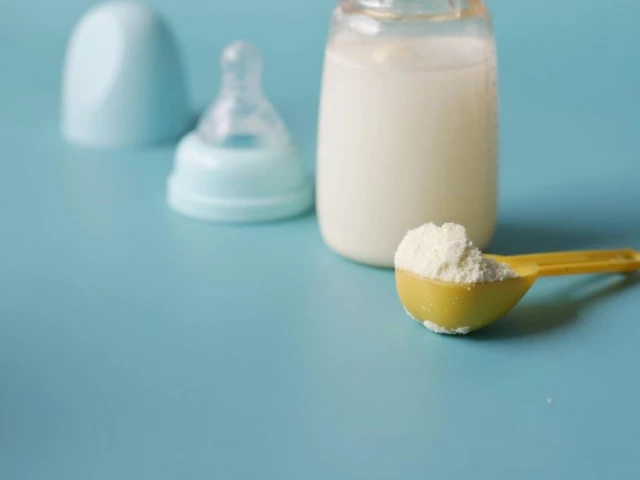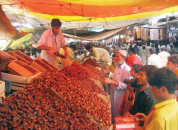Sindh imposes ban on baby formula milk without prescription
Doctors violating the new regulations may face fines of up to 500,000 PKR and a six-month jail term

The Sindh Assembly has enacted the Sindh Protection and Promotion of Breastfeeding and Child Nutrition Act, prohibiting the sale of baby formula without a doctor’s prescription across the province.
The new law mandates that all medical stores in Sindh will be required to sell infant milk products only with a prescription from a doctor, and packaging will clearly label the product as artificial milk.
According to the Pakistan Pediatric Association, doctors found violating the new regulations may face penalties of up to 500,000 PKR and a potential six-month prison sentence.
Low breastfeeding rate
Pakistan currently has a breastfeeding rate of just 48%, leaving 52% of mothers not breastfeeding their children. This has raised serious concerns over the health of infants, as many are developing diseases like measles, diarrhoea, pneumonia, and typhoid at a young age due to a lack of natural immunity.
Why breastfeeding?
Professor Masood Sadiq, President of the Pakistan Pediatric Association, and Dr. Khalid Shafi, both of whom spoke to The Express Tribune, highlighted the importance of breastfeeding. They explained that breastfeeding for the first two years builds children’s self-confidence, strengthens their immune systems, and supports mental development. Breast milk is also sterilized naturally, helping to protect babies from various illnesses.
Professor Wasim Jamali, President of the Sindh Pediatric Association, and Dr. Khalid Shafi also expressed concerns about the artificial milk products sold by 20 different companies, which are believed to be detrimental to children’s health. Imported baby formulas cost families around 25,000 to 30,000 PKR per month, adding up to an annual expenditure of 360,000 PKR. This has led to billions of rupees being spent on foreign imports, draining the country’s foreign exchange reserves.
The Pakistan Pediatric Association, in consultation with the government, played a crucial role in the approval of the Sindh Protection and Breastfeeding Act, which has been immediately enforced. In addition, the Sindh government has established a board comprising representatives from the Sindh Healthcare Commission and the Pakistan Pediatric Association to oversee the law's implementation.
Penalties for Doctors romoting formula milk
Under the new law, if any doctor promotes or prescribes artificial milk, they will face a fine of 500,000 PKR and a six-month jail sentence. Additionally, hospitals will not be allowed to display any promotional material for artificial milk, and medical stores cannot sell these products without a prescription.
Emergency use allowed
In cases of emergency, artificial milk can be provided to newborns in hospitals under the guidance of doctors, but this will only be allowed for a limited period. Experts have pointed out that artificial milk does not provide the same immune benefits as breast milk, which is why infants who are given formula are more susceptible to diseases.
Doctors and experts have reiterated that artificial milk is not a suitable substitute for natural breastfeeding. The law in Sindh also includes a strict ban on pediatricians prescribing artificial milk, reinforcing the push for breastfeeding as the preferred and healthiest option for infant nutrition.



















COMMENTS
Comments are moderated and generally will be posted if they are on-topic and not abusive.
For more information, please see our Comments FAQ